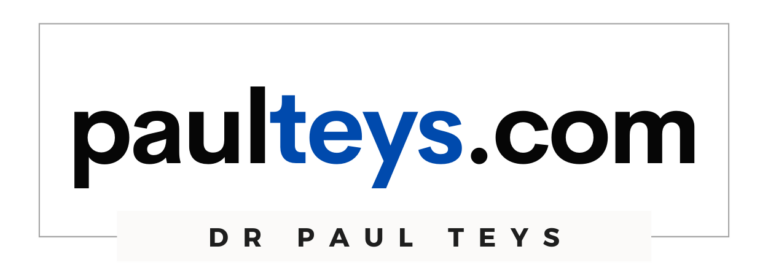
Self-leadership is your focus on your own self-improvement and professional growth.
When I signed my first contract with the board of Moreton Bay College at the age of 37, I had no idea how much of my time as a principal would be devoted to my own leadership. I knew that I would devote much of my time to the leadership development of others, but little did I realise how much time I would spend on my own.
If you want to succeed in this noble profession, to become a principal and sustain excellence in your role, you must place a high value on the quality of your self-leadership. I define self-leadership as your focus on your own self-improvement and professional growth.
It is an often debated cliche that successful leaders aren’t born great but learn through a series of mistakes and lessons and from mentors and opportunities. Effective principals are always learning, and I knew that personal development was the key to continued professional success. I didn’t hesitate to admit that I wasn’t flawless, and I was determined to seek self-improvement. If I did that, I knew my staff would follow suit.
To remain effective as a principal, I had to invest heavily in my ongoing self-development and personal and professional growth. Toward the end of my career as a principal, the budget for my own professional development was significant. I was fortunate that my board supported my professional learning without hesitation.
Early career principals and newly appointed principals may not have this kind of budget. It is important that, at the point of signing your contract, you make a strong case for significant professional development. To understand what your PD budget could be, ask colleagues and check in with the CEO of AHISA – they will be able to assist you in establishing a solid PD budget early on. It is hard to make much progress with your PD budget if you don’t start out with a strong foundation.
Importantly, in the absence of an appropriate PD budget, engagement with key professional associations will serve you well in the early years. Key bodies for professional development are discussed in chapter 2 of my book.
My leadership journey was a purposeful mix of formal learning, on-the-job experience, learning from colleagues and affiliations, and professional reading. I committed to collegial organisations, such as the national body of AHISA, the QLD and NSW branches of AHISA, and AIS NSW. These professional bodies provided me with connections, networking opportunities and idea generation. I also committed to associations that added value to the student programs, including sporting associations and network groups such as the Heads of Independent Co-educational Schools of NSW I ACT (HICES) and the Hunter Region Independent Schools (HRIS).
When successful principals tell me about their leadership journey, it generally follows the same overall mix, with nuanced differences for each principal’s context.
I used to love chatting to my colleagues about their sabbatical – I was in awe of those principals who completed the pilgrim walks of Europe, like the Camino Portugues from Lisbon to Santiago de Compostela. There were also highly conscientious ones who would study executive leadership programs at Harvard or Oxford.
To perform at the level of CEO, there is no option but to acquire appropriate business acumen to run your school effectively as a business/corporation. Anecdotally, principals in independent schools have not warmed to this concept, instead preferring their role to be deemed as an educational leader. Much of the current literature endorses this view, claiming instructional leadership as one of the most essential leadership functions for school principals. Because independent school principals lead schools, they do pay attention to pedagogy, teaching and learning, teacher development, instruction, and assessment. However, I always delegated this responsibility to executive leaders in my schools while never straying too far from the discourse and conversations to allow myself time to focus on the business side of the school.
Experience is the best teacher. My thesis presented case studies of four principals with between sixteen and twenty-five years of experience in independent schools. My research demonstrated that significant factors in the principal’s effectiveness in their context included: the experience gained from years of leading independent schools; ongoing commitment to their own growth and development; wisdom gained from reflecting on daily practice; and learning from colleagues and affiliated associations.
Learn more about becoming a principal of an independent school in my new book: https://ambapress.com.au/products/so-you-want-to-be-a-principal



